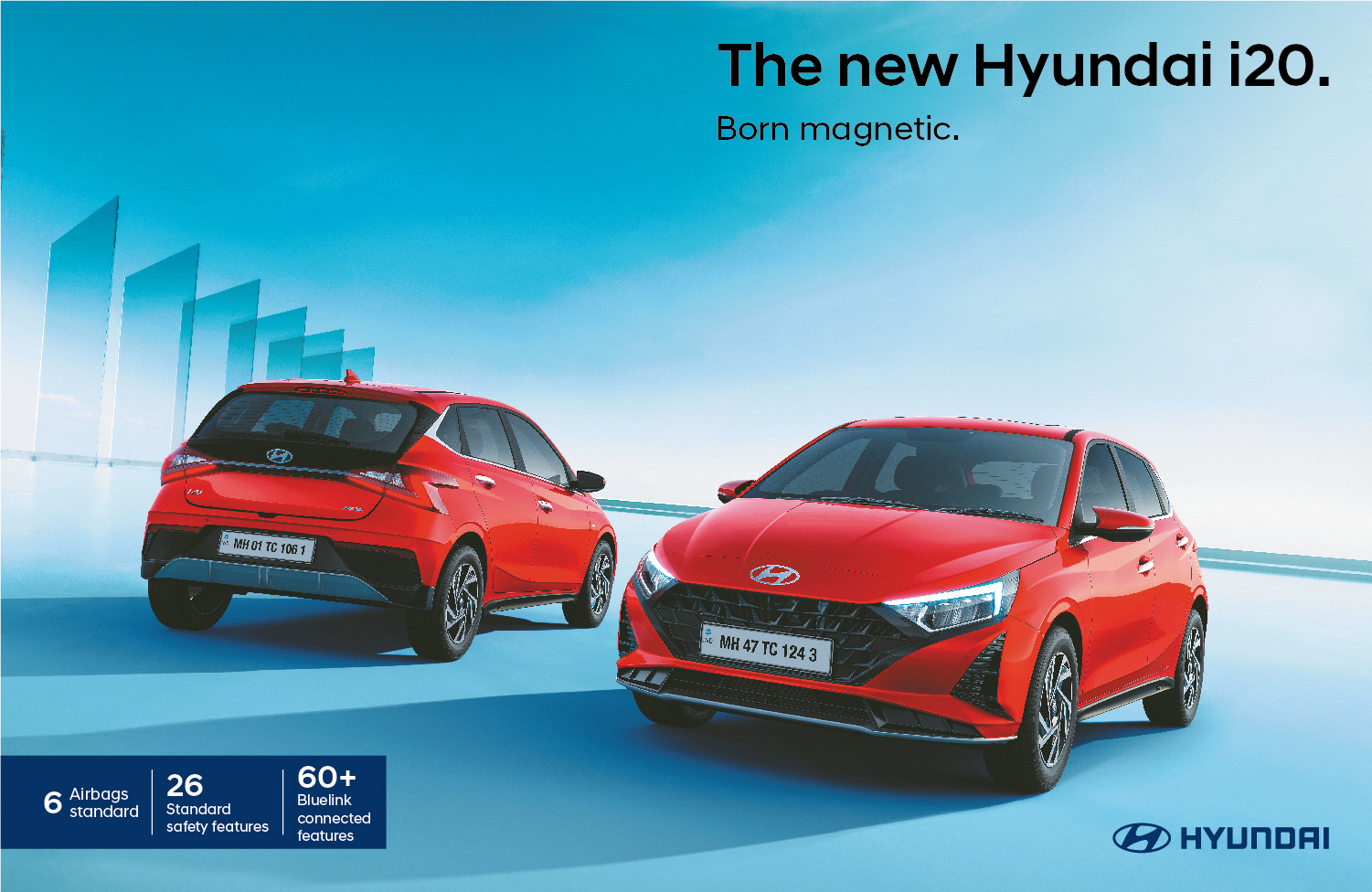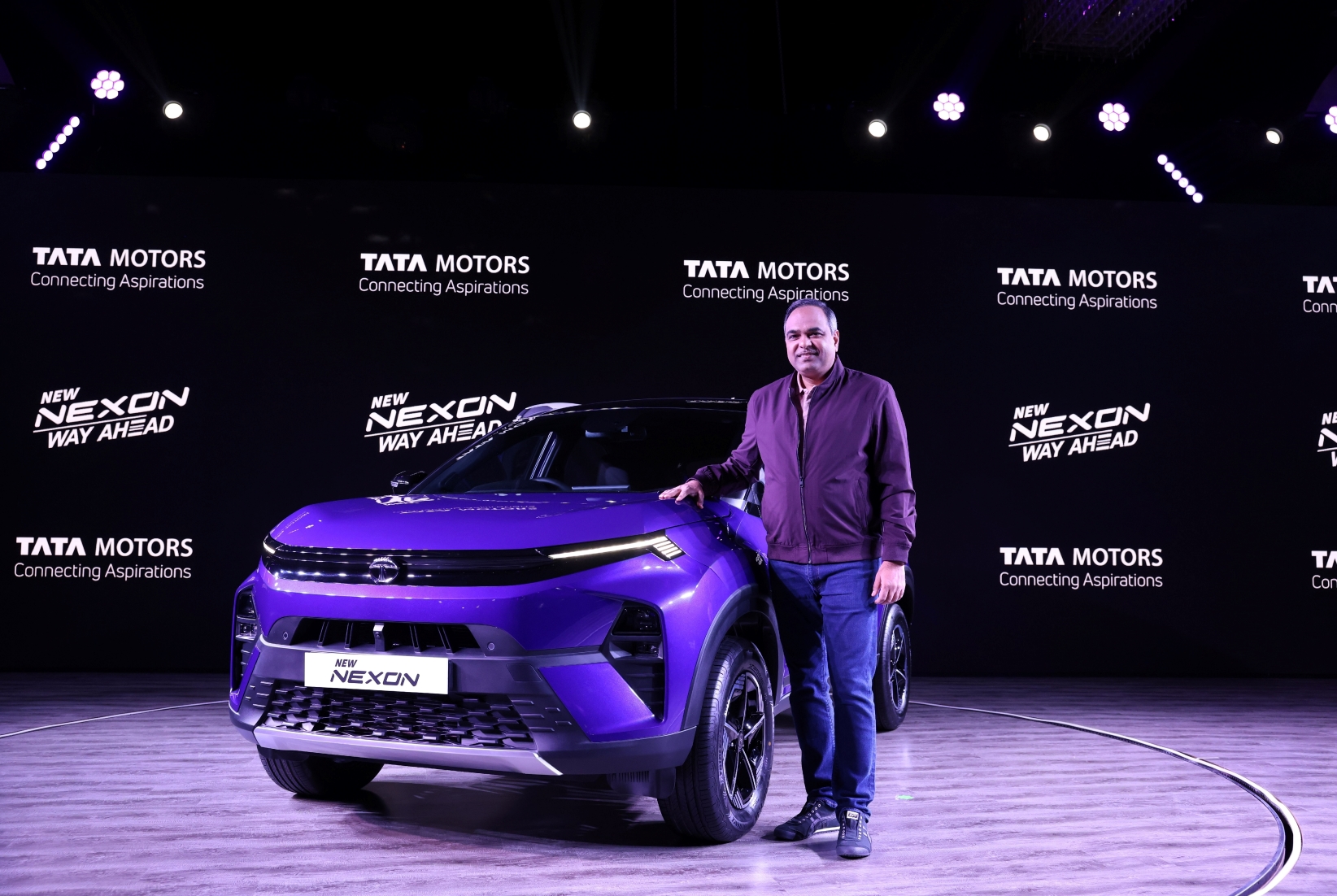Yesterday our Union Minister of Road Transport & Highways Mr. Nitin Gadkari had to give an immediate clarification on his statement which he gave earlier in SIAM’s 63rd annual convention that he would propose a 10% hike in GST for diesel vehicles if car makers don’t show up a hurry in phasing out diesel cars as earlier as possible, claiming diesel cars to be polluting.
In the convention Mr. Gadkari was heard saying “I have readied a letter in last 8 -10 days for Finance Minister in which I would request her to impose additional 10% GST on diesel engines, so that people take it seriously”. The news spread like wildfire and created a complete chaos, after which the minister himself had to clarify on X (formerly Twitter) that no such active proposal is on the government’s desk for consideration.
Now that the Confusion is clarified let’s see what are the takeaways form such statements and the future of diesel cars in India.
Any such comment can be taken as a warning for car makers, whose portfolios are still dominated by diesel cars like Mahindra and Mahindra and Toyota up to some extent. On the other side since the introduction of BS6 Phase 2 Emission norms many diesel cars are already out of market and others have become considerably costlier. That means that the market is already in a state where diesel cars are becoming very unpopular. But in case the government wants to milk some more tax from the remaining diesel cars in the name of motivation towards phasing out diesel cars, the automakers will have to suffer a lot of capital investment to start producing new vehicles like EVs and Hybrids altogether.
From the past events that happened in last couple of years it is clearly evident that the government is hell-bent on taking harsh steps towards its commitment of reducing carbon foot print and the COx and NOx emissions particularly form automobiles, which is indeed a good thing. However, it appears that only car industry especially private buyers are the only culprits and most emphasis is on them only.
On the other hand, the alternative choices for diesel and petrol vehicles are obviously Hybrids and EVs but EVs cannot be claimed to be hundred percent environment friendly either, as long as the percentage of coal produced Electricity in India is as high as 55% and fossil fuel at more the 70%.
EV sector has already picked up in India in last couple of years and for 2023 we have already witnessed more than 1 million EVs (two wheelers, three wheelers and cars combined) sold in India in just less than 9 months. But India is still in starting phase of EV boom and will take some time to shift completely to a market dominated by EVs.
Concluding the whole scenario, it is quite clear that the whole event was like a red flag for both the car makers and car buyers who are still interested in diesel cars because the future of diesel cars don’t appear any bright from here.
Although Mr. Gadkari immediately negated the reports and clarified that no immediate tax increment on diesel cars is going to take place, the whole scene created is definitely going to discourage the diesel car market.
| Previous News | Next News |
 Hyundai has launched the i20 facelift at Rs 6.99 Lakh Hyundai has launched the i20 facelift at Rs 6.99 Lakh |
 Tata Nexon facelift launched at Rs 8.10 Lakh
Tata Nexon facelift launched at Rs 8.10 Lakh |